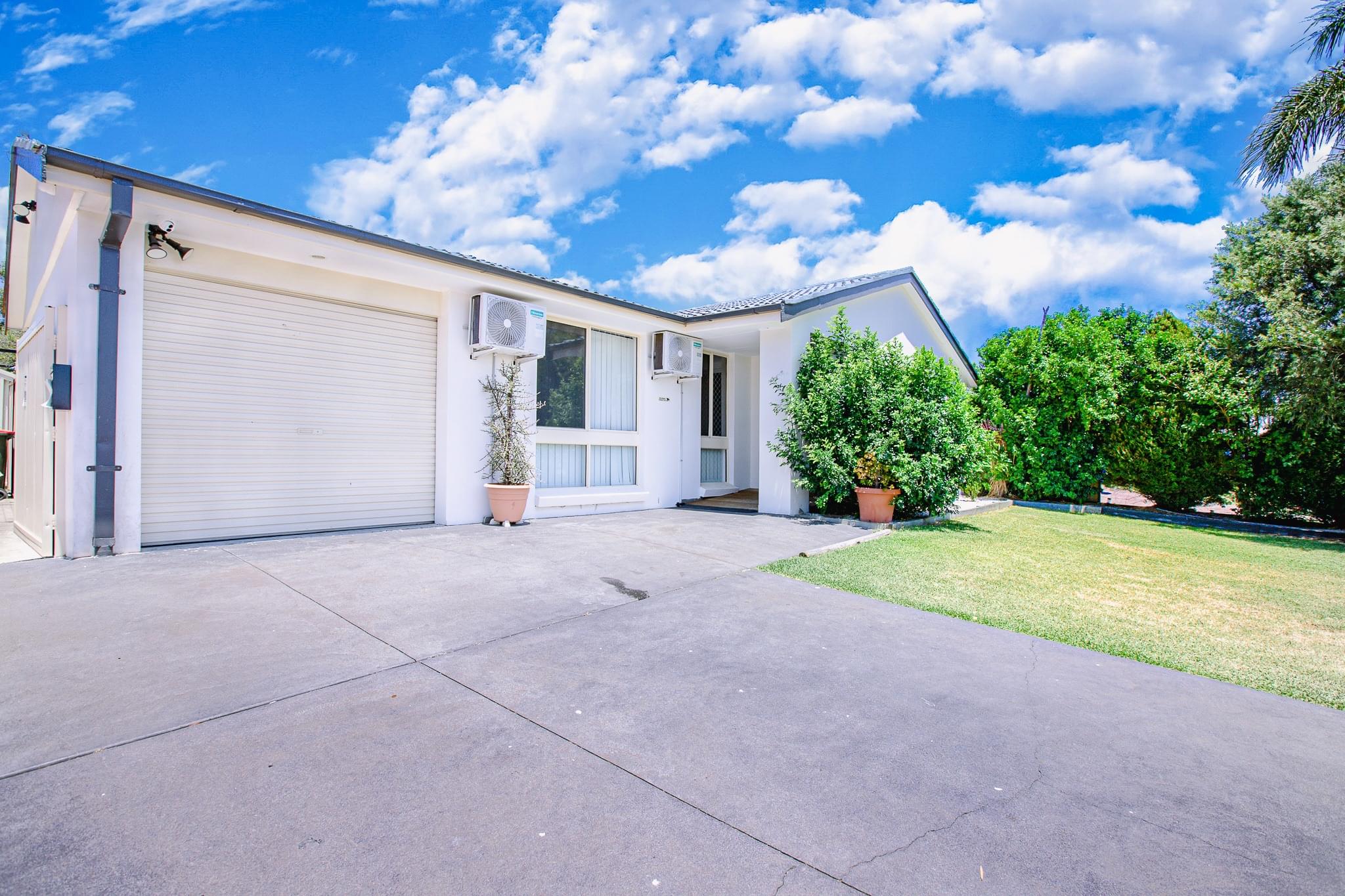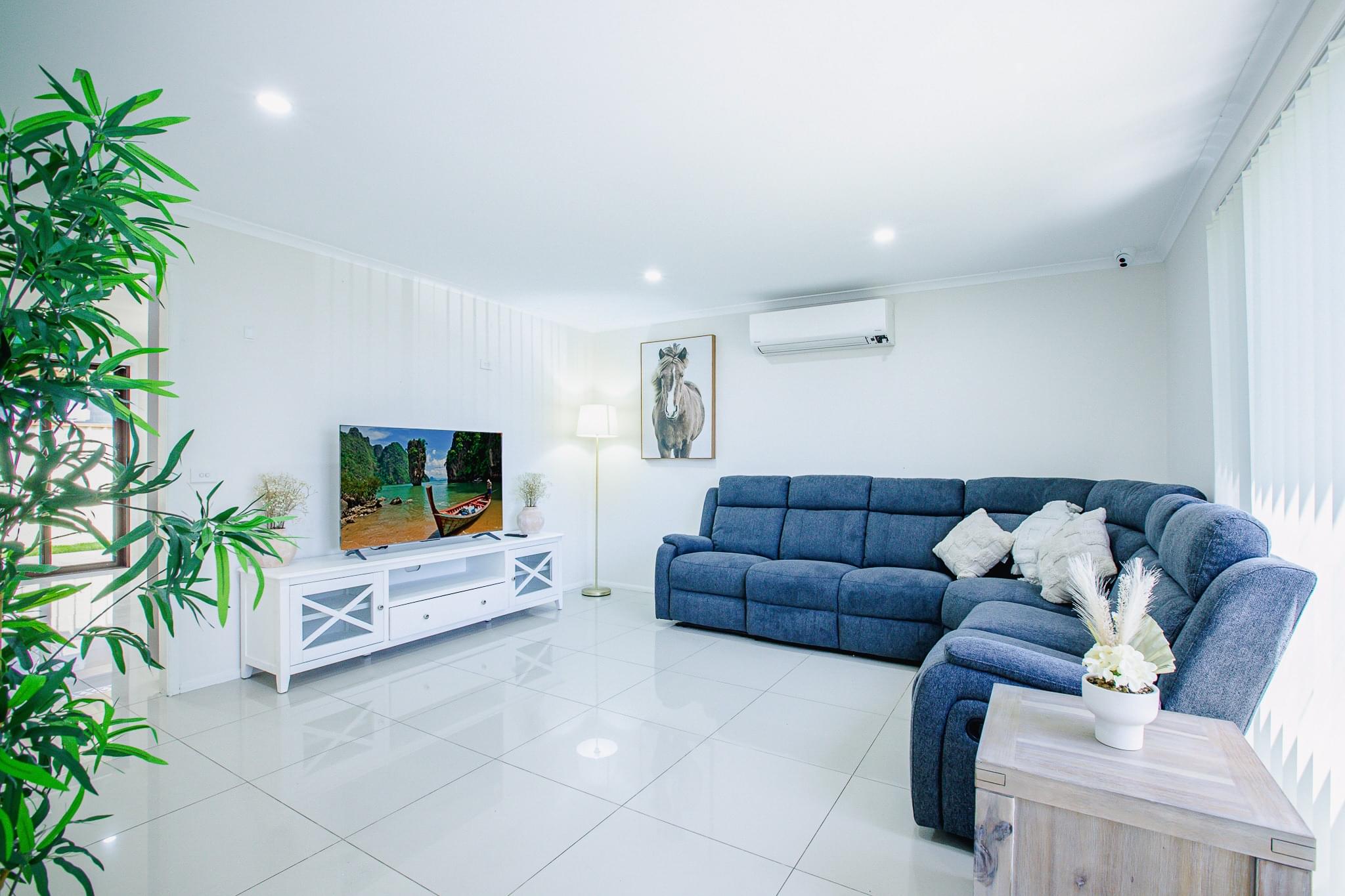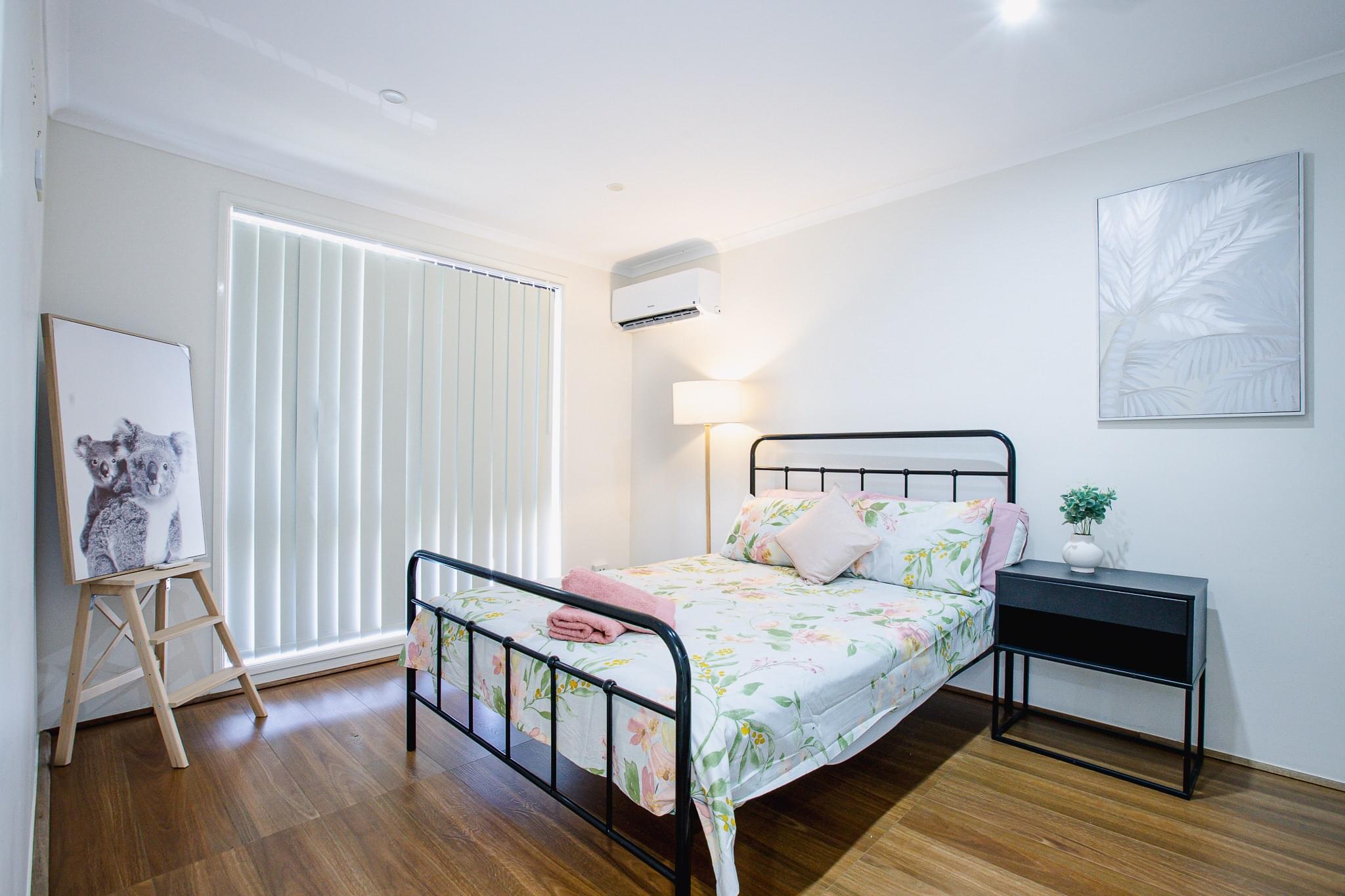A guide to making the best decision for yourself or a loved one under the NDIS

Choosing the right NDIS home isn’t just about finding a roof over your head. It’s about comfort, independence, and creating a space where you or your loved one can thrive. Whether you're new to the NDIS or you're navigating options for the first time, it's totally normal to feel a little overwhelmed by the process. But don’t worry—we’ve got you.
Here are the top 10 questions to ask before saying “yes” to an NDIS home.
1. Is the home registered with the NDIS?

This one’s big. You’ll want to make sure the provider is officially registered with the NDIS to ensure quality and accountability. It also makes it easier for plan-managed and agency-managed participants to access funding for services.
2. What level of support is provided?
NDIS homes vary—some are high-support Specialist Disability Accommodation (SDA), while others might be Supported Independent Living (SIL). Ask about daily support, overnight care, and how personalised the assistance will be.
3. Can I personalise the space?

A home should feel like your home. Check if you’re allowed to decorate your room, bring your own furniture, or even choose your housemates (if applicable). Little details matter!
4. What’s the location like?

Are you close to family, friends, medical services, or community centres? Consider whether the home is accessible to public transport and if the neighbourhood suits your lifestyle and needs.
5. Who will I be living with?

Compatibility is key. Ask about the other residents—ages, routines, support needs, personalities. Good housemate matches can make a huge difference in day-to-day happiness.
6. What’s included in the weekly rent and board?

Costs can vary widely. Ask what’s covered—meals, internet, utilities, transport, etc.—and what’s not. Make sure you’re clear on any extra out-of-pocket expenses.
7. How are emergencies handled?

Safety first. Learn about their emergency protocols, staff availability, and response time. It’s comforting to know someone has your back 24/7.
8. How flexible is the support?
Your needs might change over time. A good NDIS home should be able to adapt to your goals and evolving circumstances without a fuss.
9. What’s the transition process like?

Moving can be stressful. Find out how they’ll support you before, during, and after the move. Some homes offer trial stays, visits, or gradual transitions to help you adjust smoothly.
10. Can I speak to current or past residents?

Real talk from people who’ve lived there is priceless. If possible, speak to someone who's been in the home to hear about their experience—good or bad.
Final Thoughts
Choosing an NDIS home is a big step, but asking the right questions can make it a whole lot easier. At the end of the day, it’s all about feeling respected, safe, and supported—just like anyone deserves in their own home.
Got more questions? Reach out to a trusted provider or NDIS support coordinator to guide you through the journey. You’re not alone in this.
Looking for SDA Accommodation?
If you're considering SDA, SIL, or both, it's crucial to find the right accommodation and support services that align with your needs.
Our team At Ausnew Home Care is here to assist you in finding the perfect living arrangement that supports your independence and well-being.



